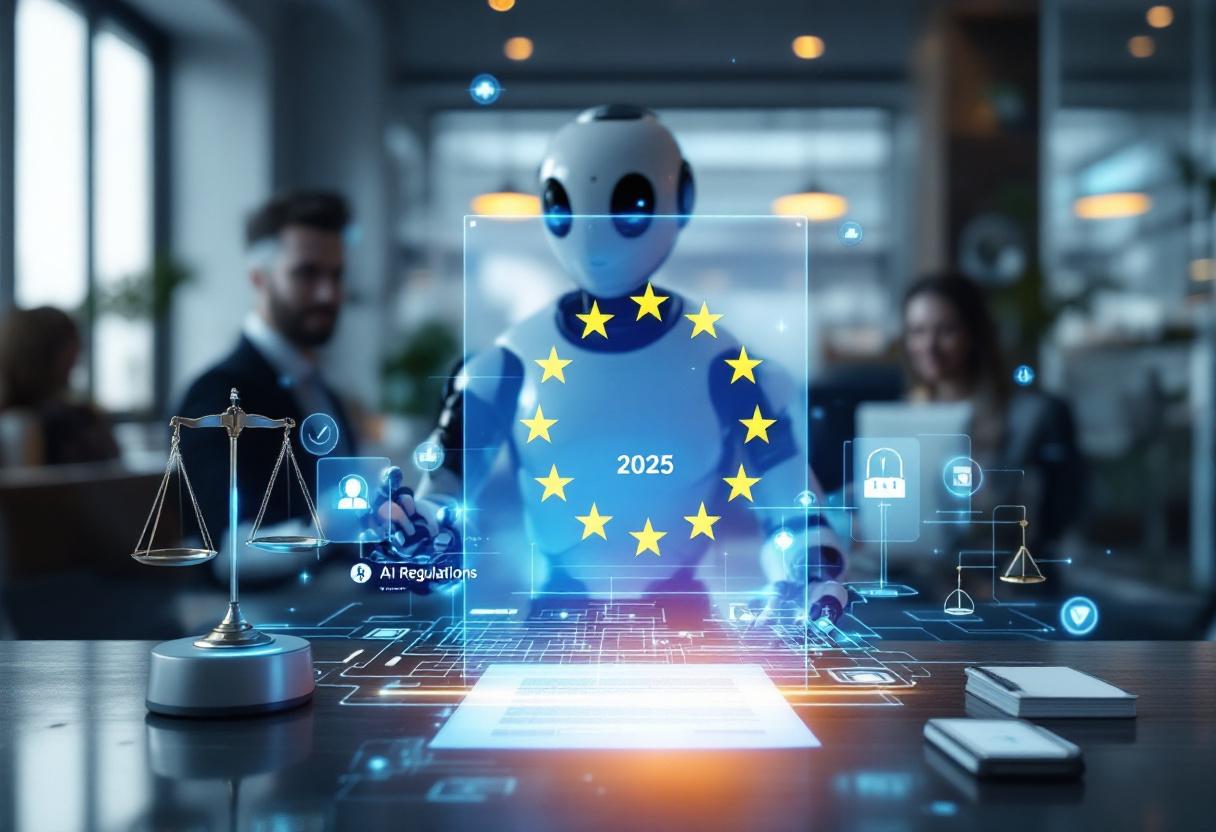
The EU’s landmark AI Act, which came into effect last year, classifies AI systems based on their potential risks to society. However, lawmakers stress the need for additional regulations to address AI’s impact on employment, labour conditions, and worker protections.
Brando Benifei, the Italian MEP leading discussions on the AI Act, has emphasised that future workplace-related AI rules may include mandates for employer-employee negotiations, worker safety provisions, and specialised training programs.
The AI Act already bans certain high-risk practices, such as social scoring and real-time remote biometric identification, to safeguard employees. Additionally, EU institutions recently agreed on regulations concerning platform work, aiming to enhance conditions for gig economy workers.
Roxana Mînzatu, EU Commissioner for Social Rights and Skills, highlighted the importance of addressing digitalisation’s impact on labour markets. In her mission letter, Commission President Ursula von der Leyen tasked Mînzatu with exploring new policies for algorithmic management, workplace AI legislation, and the introduction of a “right to disconnect.”
Although the European Commission has yet to announce a timeline for introducing these proposals, discussions with social partners are expected to shape the final framework.
A recent survey by the European Commission revealed that most Europeans support AI in professional environments. Key findings include:
“Artificial intelligence is now an integral part of modern workplaces. We must use it to support and protect workers,” said Mînzatu. “With strong foundations in the AI Act, GDPR, and Platform Work Directive, we will continue assessing AI’s labour market impact.”
As AI becomes increasingly embedded in workplaces, the EU aims to balance technological progress with worker rights, ensuring AI-driven changes lead to fair, transparent, and ethical labor practices.
By clicking "Accept", you agree to the storing of cookies on your device to enhance site navigation, analyze site usage and assist in improving your experience.